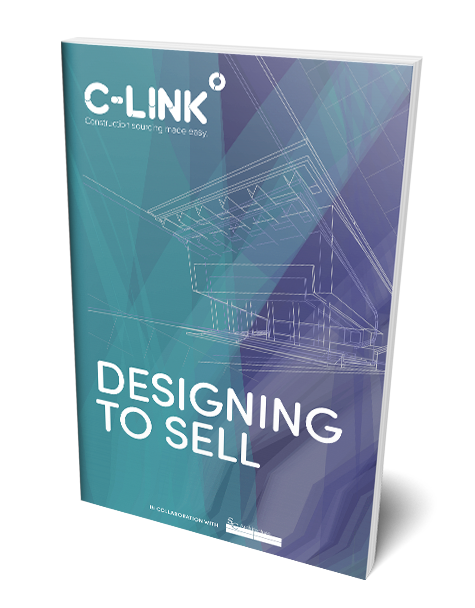Choosing The Best Cladding For Your Residential Build Project

- blog
- >
- choosing-best-cladding-residential-build-project
If you’re managing a residential build project and you’re looking for exterior cladding contractors, there are many factors to consider. Not only do main construction contractors need to assess the reputation and experience of the cladding specialists, but they also need to consider what type of cladding to use. We discuss the options available in further detail below.
There are a number of factors to consider when choosing the best cladding system for your project. This includes project budget, local climate, and the permissions and regulations in the area. So, let’s take a look at the most common options provided by cladding contractors London wide. Firstly, we have timber cladding, which will add a timeless feel and natural appeal to the properties you are building. Not only this, but it is eco-friendly, recyclable, and durable. When maintained correctly, it can last for more than 30 years. It is also easy to customise, easy to replace, and cost efficient. Nonetheless, there are some drawbacks. Timber cladding is prone to bug infestation, twisting, and rotting. Another option that building contractors London wide may be interested in is weatherboards. These narrow, thin, and long boards are usually made of reconstituted timber or hardwood. They tend to be applied vertically or horizontally, via either the ‘click’ or ‘overlap’ installation methods. This type of cladding provides effective protection against the elements. It also comes in various patterns and profiles, is highly resistant to rot and moisture, and can be made of alternative materials, including fibre cement and plastic.
Potential cons include the fact that wood composite boards are more expensive to work with, which will increase your project costs. Plastic weatherboards may fade in colour and can scratch easily. And, finally, timber weatherboards can split with time. Cladding contractors UK wide may also offer vinyl cladding. This is a hard plastic material, which provides long-lasting colour retention, comes in a wide range of profiles, is highly resistant to strong winds, and is cost-effective. However, while vinyl cladding is water-resistant, it is not waterproof, and it can dent and crack under extreme weather conditions. Perhaps you should ask your chosen cladding contractors for metal sliding? This involves shingles, sheets, or boards, which are typically made from aluminium or steel. Pros include that there are a wide range of finishes and patterns, and metal slides are 100 per cent recyclable, low maintenance, and pest resistant. Metal slides are also one of the best waterproof cladding materials and they are highly fire-resistant. Plus, high durability, galvanised corrugated steel can last for more than 100 years. On the downside, this form of cladding is typically more expensive. It is also susceptible to rusting and provides zero sound or thermal insulation.
Hopefully, you now have a better understanding of the different cladding options available for your residential build project. It is important to work with experienced cladding contractors so that they can advise on the best solution based on the budget and requirements of your project. Start searching now on Construction Link Limited.
About Paul Heming
Paul was a Quantity Surveyor who gained 10 years experience of managing £200 million worth of flagship UK projects, including 20 Fenchurch Street and Battersea Power Station. In 2015, Paul founded C-Link with the intention of sharing his expertise of managing major projects with the SME market.
-
Free Resources

Designing to Sell
Download now
